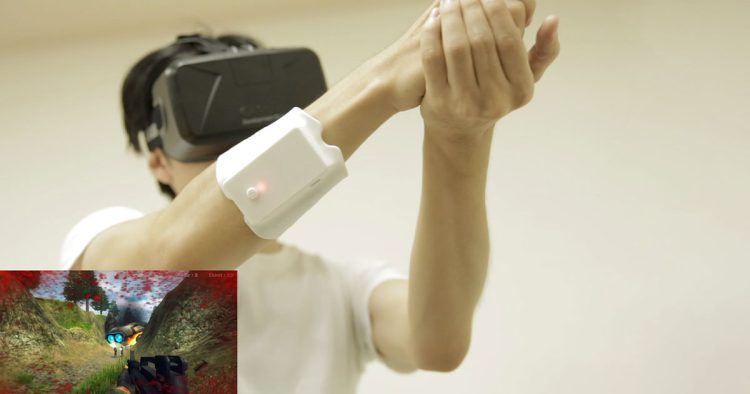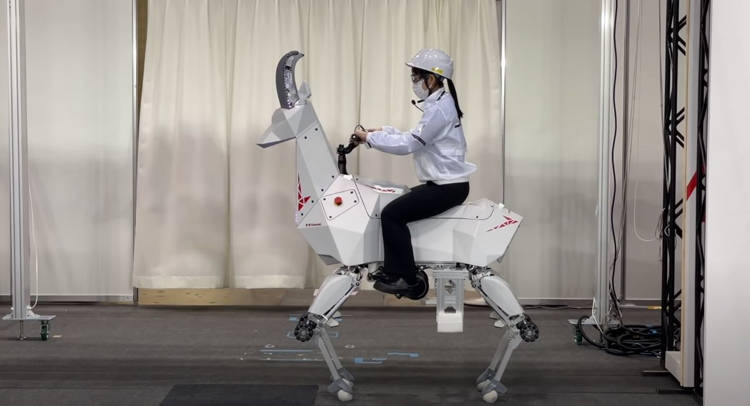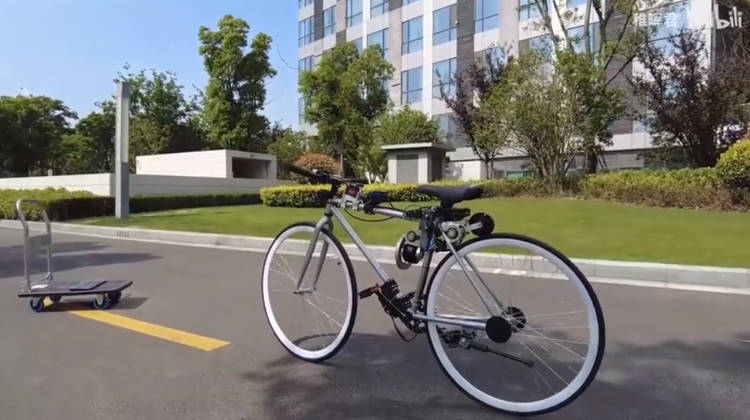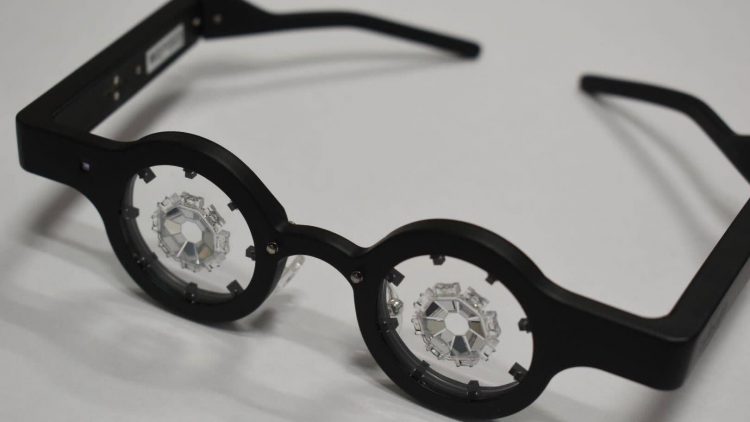If you’re a millennial who misses the old rotary phone that was such a big part of your life growing up, the Rotary Un-Smartphone Kit may be just what you’ve been looking for.
Smartphones are cool if you like carrying a miniature computer everywhere with you, but if you only care about making calls and all the other stuff is just getting in the way, the mobile rotary phone designed by space engineer and brilliant inventor Justine Haupt is just perfect. Featuring the familiar plastic dial that most of us 90s kids grew up with, the Rotary Un-Smartphone is basically a barebone smartphone that only includes the absolute essentials that the average anti-smartphone user might like, but with a cool, retro look.





















